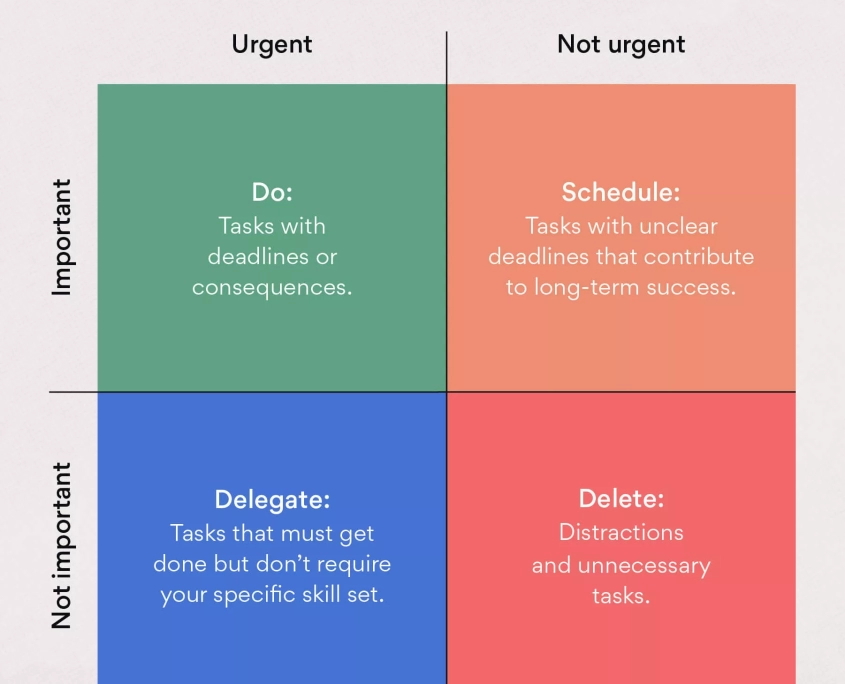Finding Balance in Farming: Challenging the Myth of Busyness
In farming, we often hear the phrase “I’ve been so busy,” whether it’s during a quick chat with a neighbour or a catch-up over coffee. Busyness has become a badge of honour, an automatic response to describe our day-to-day lives. But what if we challenged this norm? What if, instead of striving to be busy, we aimed for balance in farming?
We believe that while farming requires hard work, it doesn’t need to be synonymous with a never-ending cycle of busyness. This article explores how to shift from the myth of constant busyness to a more balanced, fulfilling way of farming life.
The Myth of Being Busy
Farmers are no strangers to hard work. The physical and mental demands of managing a farm are immense, and it’s easy to fall into the trap of thinking that being constantly busy is just part of the job. Society often reinforces this mindset—if you’re not busy, you might feel like you’re not doing enough, or worse, you might be perceived as lazy or inefficient.
But is being busy all the time truly productive? Or is it simply reactive? Many farmers find themselves firefighting—reacting to problems as they arise—rather than proactively managing their time and tasks. This constant state of reacting can leave you feeling drained and stretched thin. When we let the tasks dictate our time, we lose control over our schedule.
Good Busy vs. Bad Busy
There are times in farming when being busy is unavoidable—harvest season, lamb marking, or sowing, for example. These are intense periods when coordination with teams, equipment, and nature is critical, and the workload spikes naturally. This kind of busyness is what we can call “good busy.” It’s expected and comes with the territory.
On the other hand, “bad busy” happens when every day feels like a race to put out fires. This type of busyness is often self-imposed, driven by a lack of systems or clear priorities. In this scenario, farmers are pulled from one task to another without a clear strategy, which can lead to frustration and burnout. Much like how there’s good and bad debt in finance, there’s good and bad busyness in farming.
Moving from Busy to Balanced
So, how can we move from being perpetually busy to achieving balance in farming? The key lies in intentional time management and taking control of the tasks that fill your day.
Farmers don’t have to be busy every day of the year. While certain periods will naturally demand more time and effort, the rest of the year should be used to create balance and prepare for the busy seasons. It’s about working smarter, not harder.
Three (3) Tools for Finding Balance in Farming
Here are three practical strategies that can help you transition from busy to balanced:
-
Eisenhower Matrix

The Eisenhower Matrix helps you categorise tasks by urgency and importance. Many farmers spend time on tasks that feel urgent but aren’t truly important to the bigger picture. By prioritising the tasks that matter most—those that drive long-term results—you can stop reacting to every small issue that pops up. Focus on what’s important, not just what’s urgent.
-
Time Blocking
Time blocking is a simple but effective technique for managing your day. Instead of juggling different types of tasks throughout the day, group similar tasks together and allocate specific time blocks for them. For example, set aside one block of time for emails, another for livestock tasks, and another for farm admin work like accounting or invoicing. This prevents the mental exhaustion that comes from switching between different types of tasks and helps you stay focused and efficient.
-
Task Bucketing
Similar to time blocking, task bucketing involves grouping similar tasks and tackling them in batches. Transitioning between different types of tasks can take up to 20 minutes as your brain switches gears. By bucketing tasks like phone calls, repairs, or paperwork, you can maintain your focus and complete more in less time. For instance, instead of making phone calls throughout the day, batch them into one time block. Do the same with fieldwork, repairs, or anything else that requires similar tools or mindset.
Managing Busy Seasons: Balance in Farming

There will always be certain periods in the farming calendar that are busier than others, such as sowing or shearing. It’s important to accept this reality. However, even during these intense periods, balance can still be achieved. By delegating tasks, preparing in advance, and ensuring your team is well-trained, you can manage the chaos without being consumed by it.
Most importantly, focus on the quieter periods of the year. More than half of your time is spent outside of those peak busy seasons. Use that time wisely. Plan ahead, systemise your farm tasks, and prepare for the busy periods so that you’re not caught off guard. While you can’t control everything—like the weather or a sudden team member illness—you can control how well-prepared you are to handle these situations.
Challenging the Busy Farmer Mindset
The myth of the busy farmer has been ingrained in the agricultural community for generations. But just because it’s a common mindset doesn’t mean it’s the most effective one. By shifting your focus from being constantly busy to finding balance in farming, you can not only improve your farm’s productivity but also enjoy a better quality of life.
At Enable Ag, we help farmers regain control over their time and operations through personalised coaching and proven strategies. Our Time-Freedom Program equips you with the tools to shift from busyness to balance, giving you the space to thrive both professionally and personally.
Ready to take control of your time and stop the endless cycle of busyness? Book a call with one of our experienced consultants now.
If you found this article helpful, share it with your network to help others unlock their farming potential. Don’t forget to like and follow us on social media for more insightful tips: Facebook, Instagram, and LinkedIn. Let’s empower more farmers together!

Ram is the founder and director of Enable Ag an agriculture consultancy dedicated to helping farmers across Australia create the time and freedom they deserve after generations of hard work. Enable Ag’s ‘Time-Freedom Program‘ is a new and unique approach that empowers farmers to reclaim their time by implementing tailored strategies, systems, and support to optimise their farm operations and achieve a more balanced lifestyle.

 Enable Ag
Enable Ag
 Enable Ag
Enable Ag Enable Ag
Enable Ag Enable Ag
Enable Ag Enable Ag
Enable Ag Enable Ag
Enable Ag Enable Ag
Enable Ag